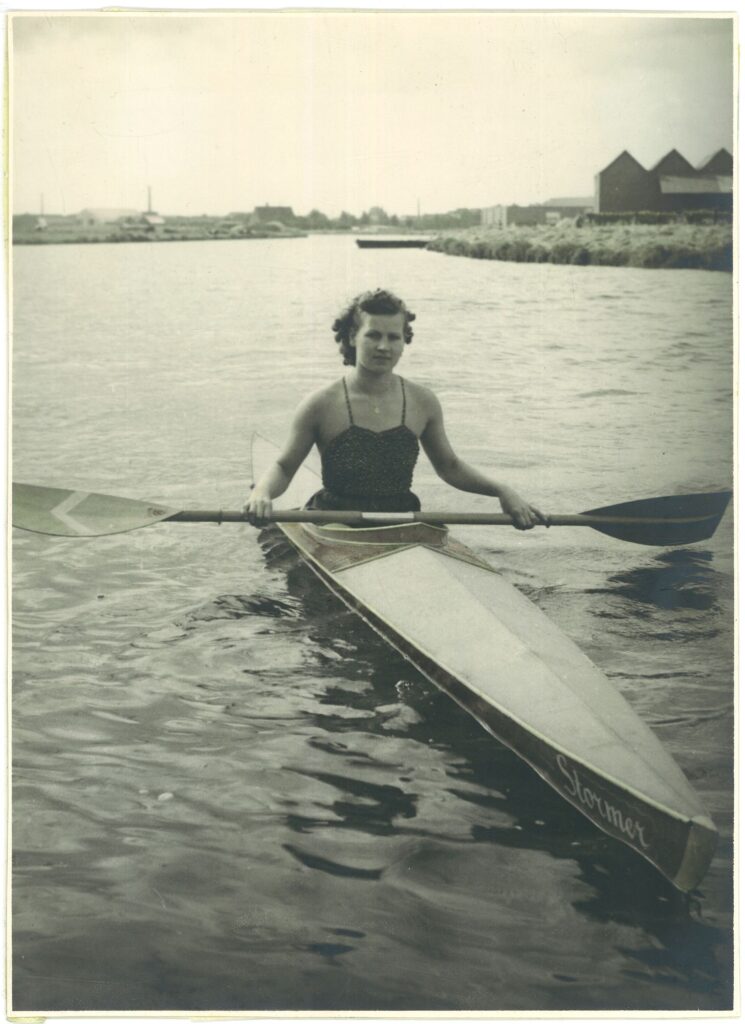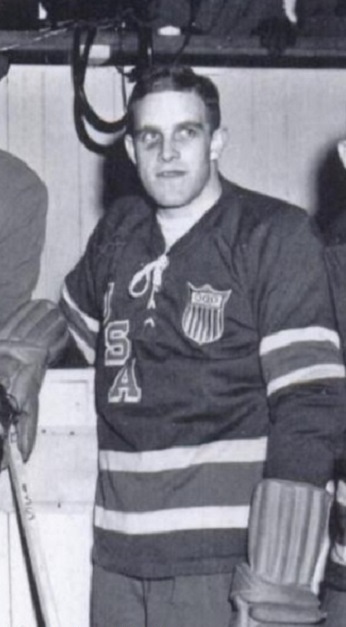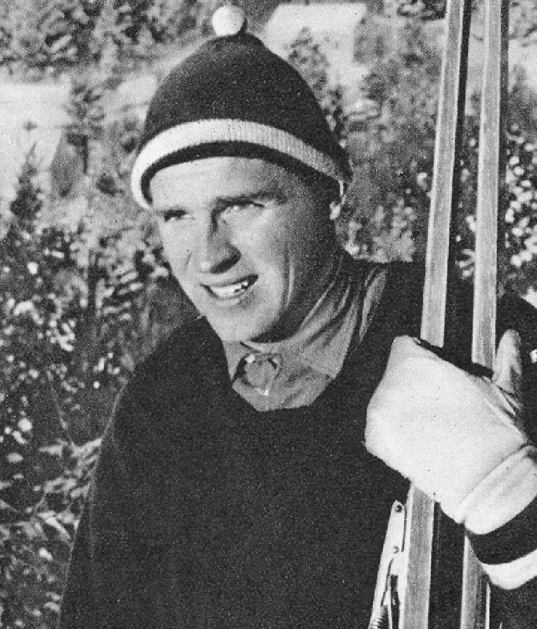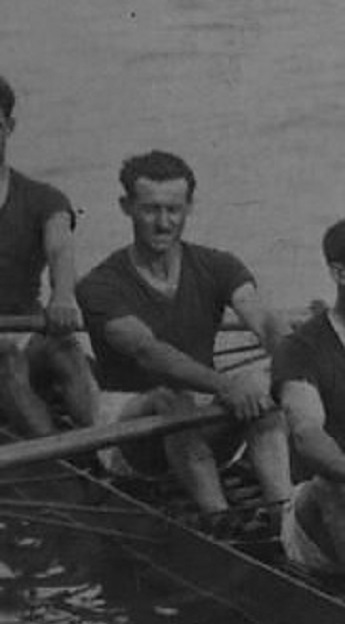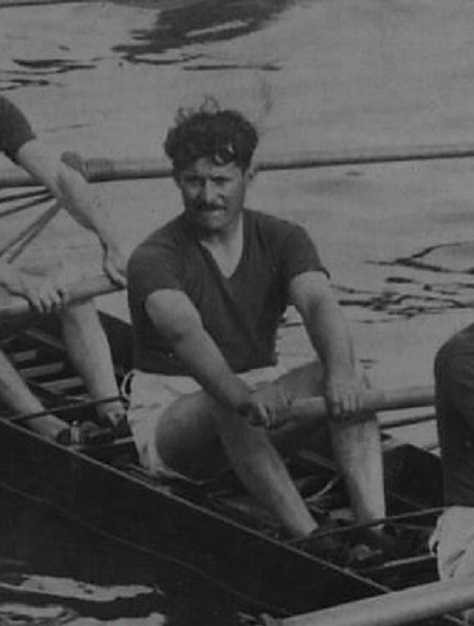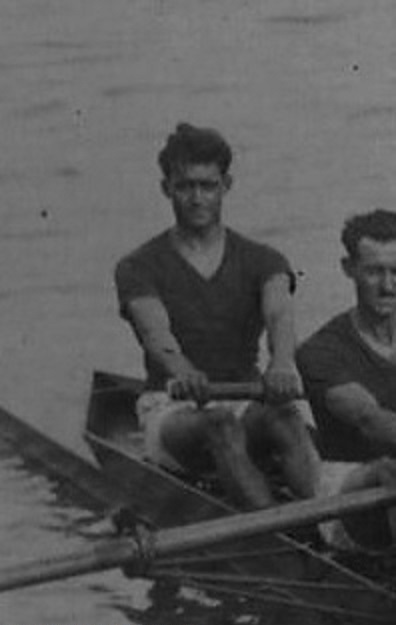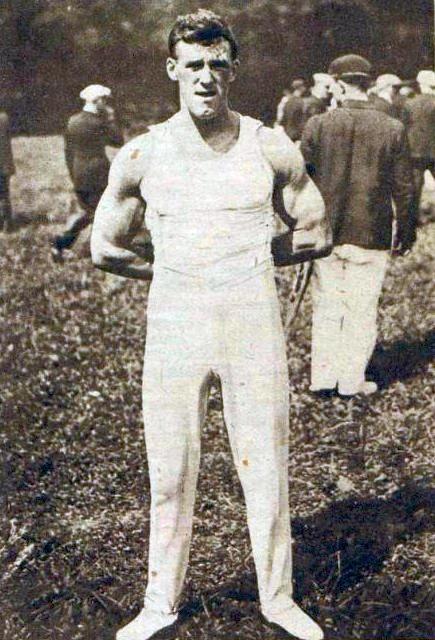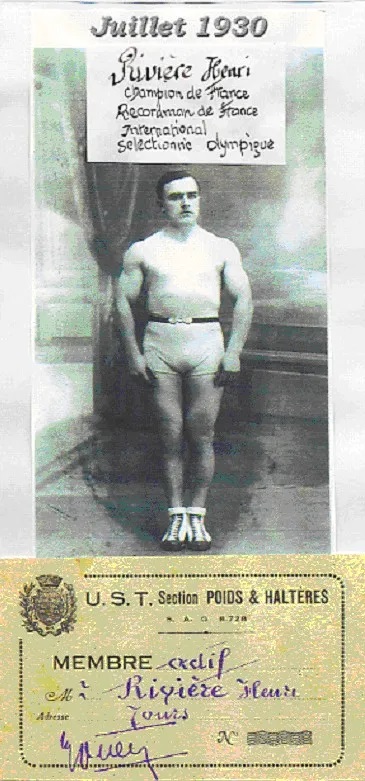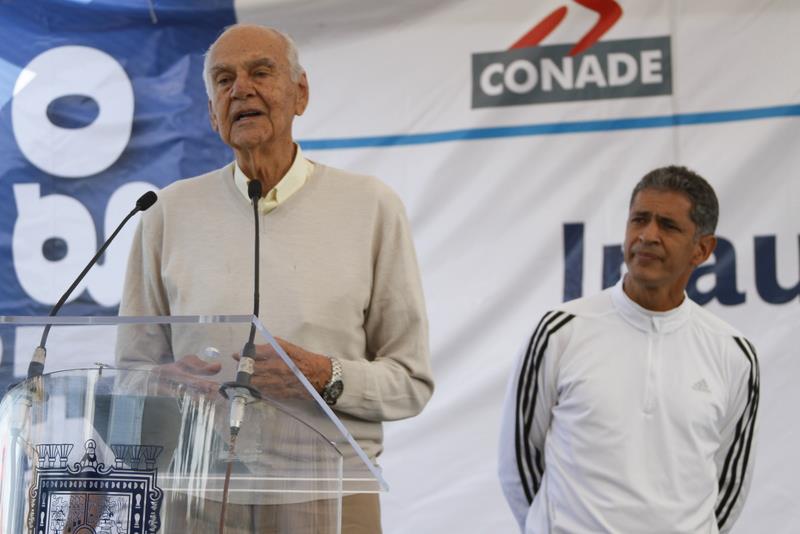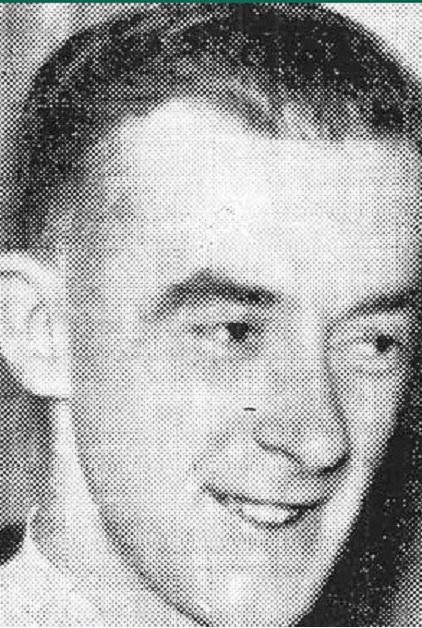Today on Oldest Olympians, we wanted to cover some Chilean Olympic mysteries from the 1928 Amsterdam Games that we have not yet addressed and for whom we cannot prove definitively that they are deceased (although, given their age, all of them almost certainly are). Chile may be one of the more unexpected nations to have participated in such an early edition and, as such, they have been understudied in the field of Olympic history.
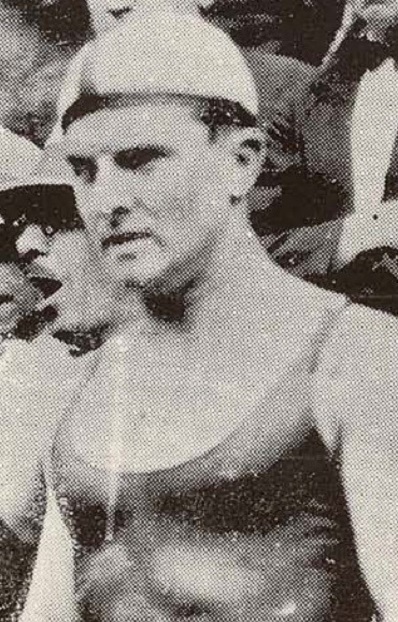
Germán Schüler – Member of Chile’s swimming delegation to the 1928 Amsterdam Olympics
Chile nominated five swimmers to the 1928 Amsterdam Games, but Germán Schüler is the only one for whom we neither have clues to his identity nor have covered in the past. Schüler was eliminated in round one of the 100 metres freestyle event and was also part of the 4×200 metres freestyle relay team that did not start the competition. A student at Universidad de Chile, he is likely too old to be alive (one of his teammates, Faelo Zúñiga, was born in 1909, for example), but we have no additional information on him or the dates of death for any of his teammates. For one, Mario Astaburuaga, we suspect that he may be the Mario Astaburuaga Ariztia, born July 4, 1904, who died in 1951, but we cannot be certain.
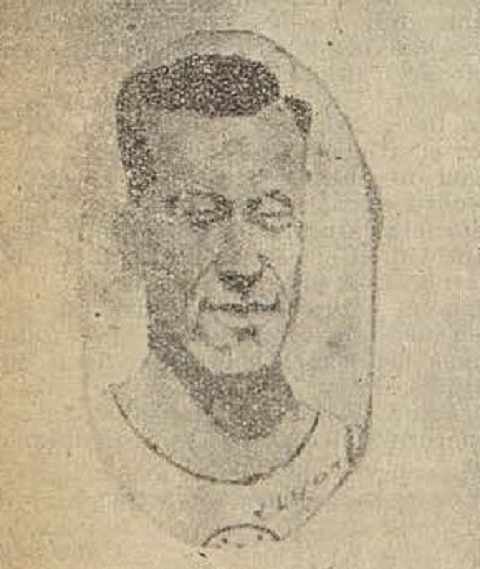
(Óscar Alvarado)
Óscar Alvarado and Rodolfo Wagner – Members of Chile’s track athletics delegation to the 1928 Amsterdam Olympics
On the other hand, we know much more about Chile’s track and field athletics delegation to the 1928 Amsterdam Games, but some names still elude us. Both Óscar Alvarado and Rodolfo Wagner were eliminated in round one of the 100 metres and were members of the 4×100 metres relay that did not start the event. Wagner was also a non-starter in the 200 metres, while Alvarado was eliminated in the qualifying round of the long jump. Wagner was still competing in 1930 but, aside from this, we know nothing about either of their lives.
Jorge Gamboa – Member of Chile’s cycling delegation to the 1928 Amsterdam Olympics
Jorge Gamboa represented Chile in the team pursuit, 4,000 metres event at the 1928 Amsterdam Games, where he was eliminated in round one. He is the only member of the four-man team about whom we know nothing. While we have full biographical data on Edmond Maillard, we know only that Alejandro Vidal was born in 1897 and that Carlos Rocuant died in October 1966.
José Turra – Member of Chile’s boxing delegation to the 1928 Amsterdam Olympics
Finally, we have José Turra, who represented Chile in the flyweight boxing division at the 1928 Amsterdam Games and was eliminated in round one. While he did go on to have a professional boxing career, we have been unable to uncover any of his biographical details.
While we are on the topic of boxers from Latin America, we also wanted to raise the case of Olver Silva, a reserve boxer from Argentina in the bantamweight competition. The man who actually competed in that tournament, 15 year-old Carmelo Robledo, would go on to win a gold medal as a featherweight at the 1932 Los Angeles Games, but we know nothing about Silva.
